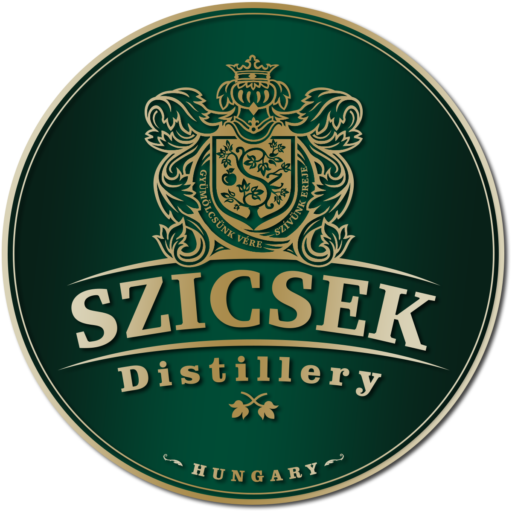Pálinka or fruit brandy is a traditional Hungarian fruit distillate, which is made exclusively by distilling fermented fruit mash, or fruit marrow. Pálinka, pomace pálinka and certain local variants are protected in the European Union (Protected designation of origin (PDO): the term “pálinka” can only be used by Hungary for an alcoholic drink distilled from any fruit grown on Hungarian soil.
WHAT ARE THE MOST COMMON PALINKA FRUITS?
The most common ingredients for pálinka are plums, pears, apples, apricots, sour cherries, cherries, grape marc or strawberries, but it can be made from any fruit grown in Hungary. Did you know that prior to the 20th century, fruit brandy was predominantly made from plums?
BATTLE FOR THE WORD „PÁLINKA”
The Hungarian Alcohol Industry Association and Product Council have been working on the protection of the word pálinka since the beginning of the 2000s. The Hungarian government finally submitted the application to the European Commission, and the representative of the European Spirits Association traveled to Hungary to see the legitimacy of the protection of the famous Hungarian fruit brandy. The decision was that it would only receive protection of origin if henceforth only the spirits that were made from 100% fruit were called pálinka.
Only two nations in the surrounding countries vetoed the decision: Austria and Romania. The Romanians wanted to veto the decision, as they considered pálinka to be an ancient, national drink specialty and had nothing to do with the Hungarians. According to the legend, the debate dragged on for a long time and a real stalemate developed until a representative of the Hungarian Ministry of Foreign Affairs walked into the room and placed a Romanian dictionary on the table. He opened the book and searched for the word p?linc?, which contained the following explanatory text: “Palinc? is a spirit of Hungarian origin made by fermentation and distillation of fruit.“ After that, the EU commissioners easily made the decision and announced that the word pálinka could only be used by Hungary.
PALINKA AND THE DUKE OF WINDSOR
The popularity of apricot brandy was due to none other than the Duke of Windsor, later King Edward VIII of Britain. As a duke, he visited Hungary a lot, especially for the nightlife, and one such evening it happened that he asked his friends to order a Hungarian drink so as not to stand out from the crowd because of his strange habits of not drinking palinka but cognac. He tasted the apricot brandy, and he loved it so much that during his stay he wanted to drink Hungarian apricot palinka all the time.
DOES PALINKA HAVE VINTAGE YEAR LIKE WINE?
The question may arise: why pálinkas do not have a vintage on the bottles, as there may be a better or worse harvest in fruit cultivation. Every year, fruit brandy makers try to achieve the same taste, color, aroma and alcohol content, so they do not indicate the vintage of the brandy on the bottle.

